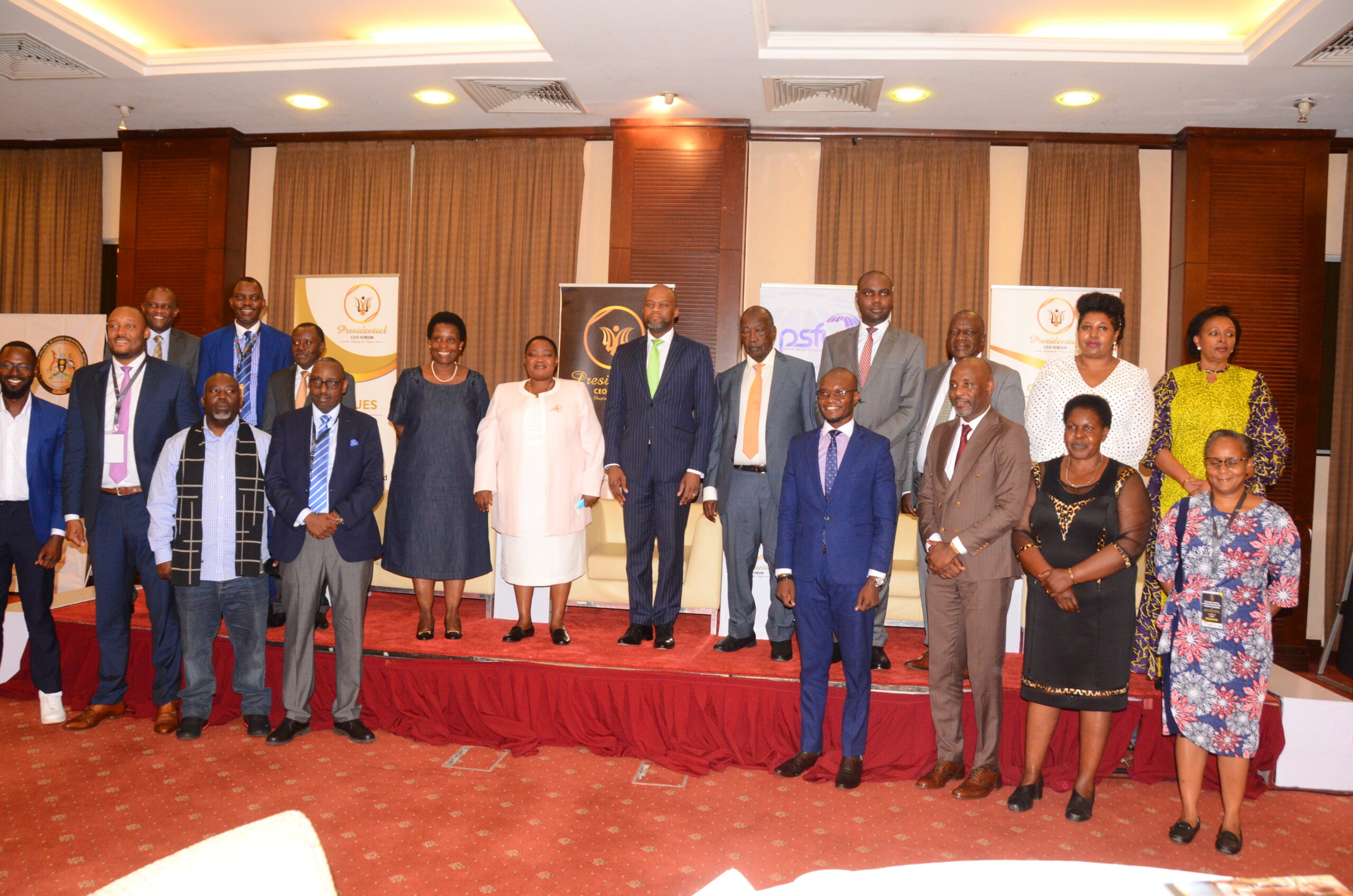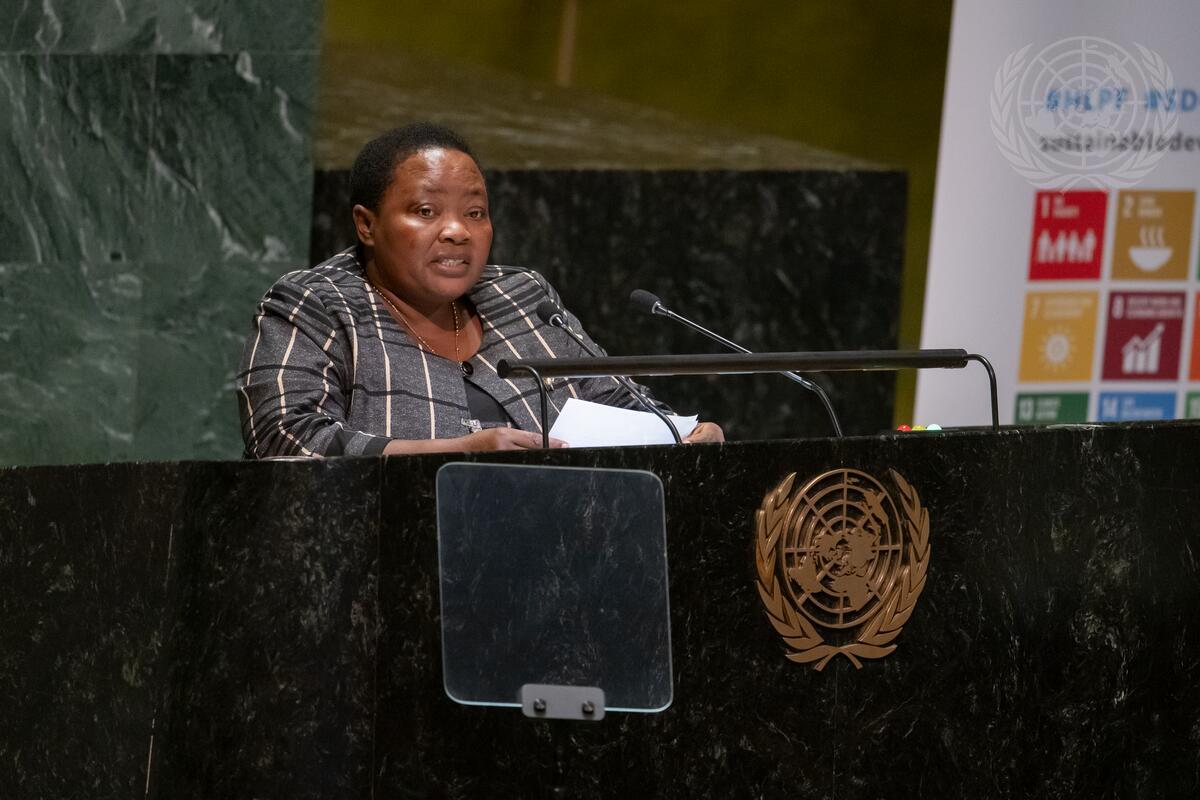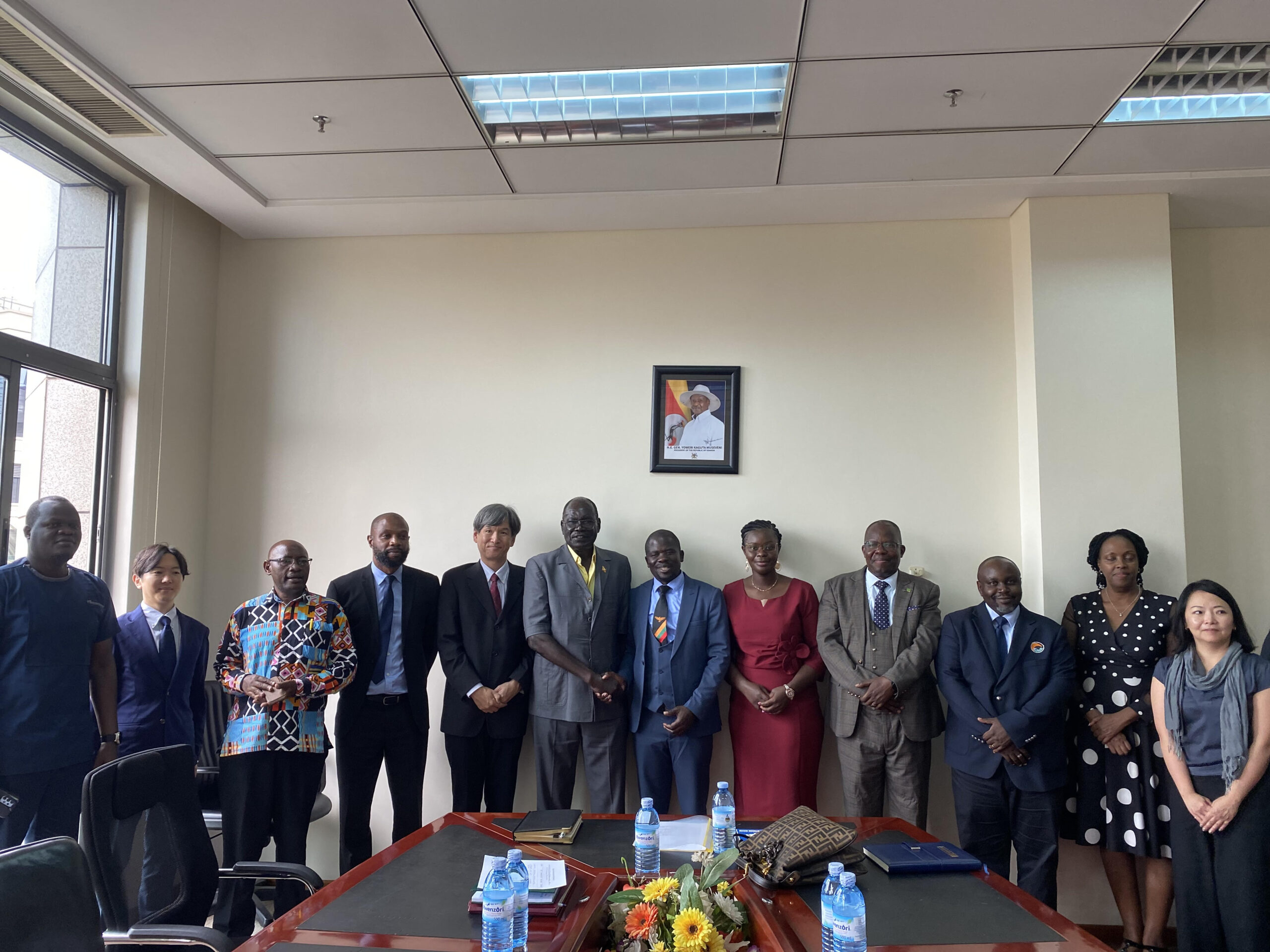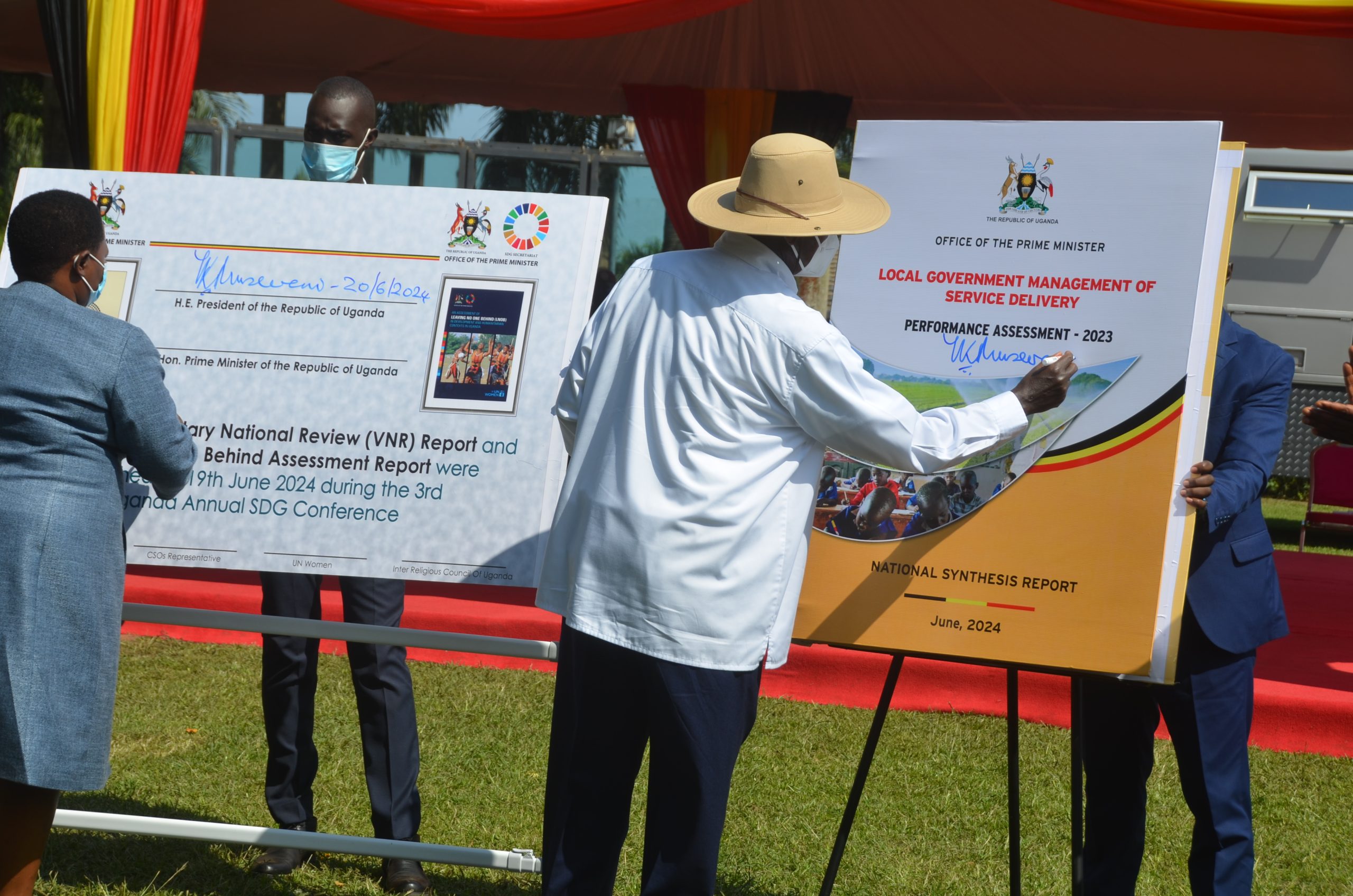By: Ismael Kasooha
Kampala
The government of Uganda has assured the private sector players that all bottlenecks hindering free trade will be addressed to enable businesses to thrive.
“The president has directed that all roadblocks on our roads should be removed so that business persons can transport their goods and services without any hindrances,” said Nabbanja Robinah, the Prime Minister of Uganda, at the 1st Private Sector CEO Forum whose theme was “Positioning the Private Sector for New Markets Opportunities and Markets for Sustainability and thriving economies through the African Continental Free Trade Area (AfCFTA)”.
“We have new markets opened up by different Government initiatives and therefore, our immediate challenge is how best our country can compete in these new markets,” said Nabbanja.
Nabbanja challenged the business community to take advantage of the African Continental free trade area initiative to grow their businesses.
Nabbanja was Thursday officiating at the 1st AfCFTA private sector CEO Forum in Uganda at Serena Hotel in Kampala.
Nabbanja called for continuous engagements on how best Ugandans can compete favourably in the broader African market.
“I would like to highlight the need for the Private Sector to work closely with the Government so as to build consensus on how best we take advantage of the new market opportunities such as the East African Community, AfCFTA, among others,” said Nabbanja.
She said that Uganda has set up mechanisms of handling all bottlenecks hindering business transactions across board.
According to the Secretary General of the African Continental free trade area AfCFTA, Wamkele Mene, the initiative provides opportunity for Africa to prosper as a continent.
Wamkele said other continents across the globe have prospered through the integrated market approach that enables them to compete globally.
“With the AfCFTA, there are no boundaries of doing business in Africa, so countries should be well-prepared to do business and also export competitive professional services and skills to the continent. The regional governments should therefore come to address some of the roadblocks in the way of achieving this,” said Wamkele.
The AAfCFTA is a free trade area encompassing most of Africa. It was established in 2018 by the African Continental Free Trade Agreement, which has 43 parties and another.
The presidential CEO forum provides a platform that advocates for appropriate legislation, practices and policies that eliminate bottlenecks to economic development.
Trade and cooperatives Minister Francis Mwebesa and Henry Musasizi who represented the Finance Minister shared insights and testimonies alongside the CEOs from the private sector.
Dr. Joseph Muvawala, the Executive Director of the National Planning Authority (NPA) said that the region had not fully exploited the trade agreements to its advantage, due to challenges such as low productive capacity, fragmentation and poor infrastructure.
“Implementation of AfCFTA also means nationals of the 55 African states can freely move their capital and natural persons across the states for business,” said Muvawala. He added that the free trade area had enhanced competitiveness, promoted industrial development through diversification and regional value chain development.
Background
The AfCFTA, is the World’s largest free trade area bringing together the 55 countries of the African Union and 8 regional economic communities (REC).
The overall mandate of the AfCFTA is to create a single continental market with a population of about 1.3bn people and a combined GDP of approximately US$ 3.4trillion.
Experts believe that the arrangement will boost intra-African trade by approximately 52.3% through the elimination of import duties and reduction of non-tariff barriers, which hitherto are faulted for the paltry activity on the estimated $3.4trillion continental market.
There is need for the regional governments to create a One Stop Centre for Business to ease access to customs and trade permits.
AfCFTA is part of the African Union Agenda 2063 flagship initiative established to create an integrated continental market for goods and services and to support the movement of capital and natural persons.
End






